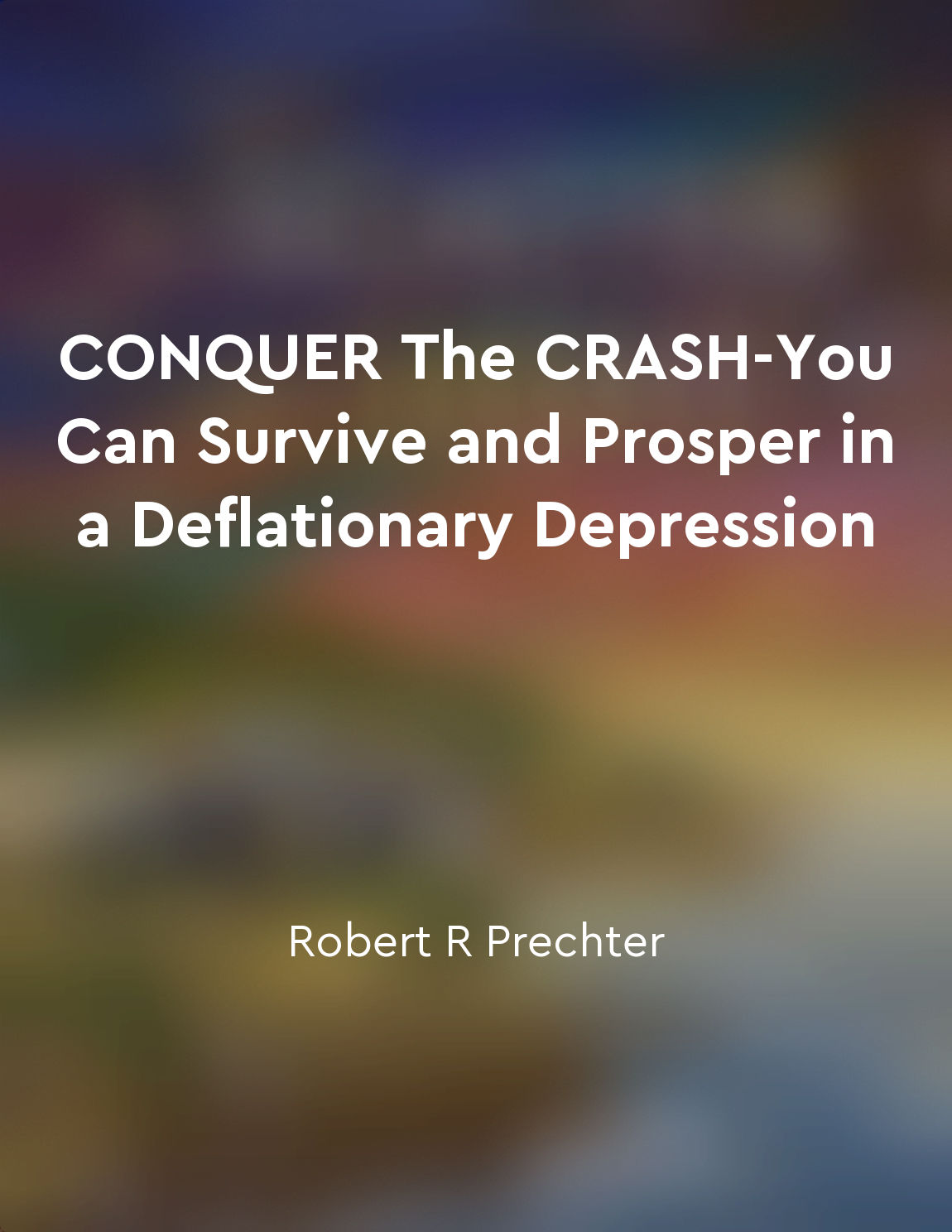Audio available in app
Investors cash in on the impending catastrophe from "summary" of The Big Short: Inside the Doomsday Machine (movie tie-in) by Michael Lewis
Investors who saw the impending catastrophe coming saw an opportunity to make money. They didn't just sit back and watch as the financial system headed for disaster - they took action. These investors were able to see the cracks in the system, the warning signs that others were ignoring. While many people were caught up in the optimism and believed that the good times would last forever, these investors were looking ahead and preparing for the worst. They knew that the housing market was overinflated and that a collapse was inevitable. Instead of burying their heads in the sand, they decided to capitalize on the situation. By taking out insurance policies against the housing market, these investors were essentially betting that the market would crash. They were going against the grain, going against popular belief, and going against the status quo. But they were confident in their analysis and willing to take the risk. When the catastrophe finally hit and the housing market collapsed, these investors were proven right. They had the foresight to see what others couldn't, and they were able to profit from their predictions. While many people lost everything in the crisis, these investors were able to cash in on their bets and come out on top. Their success wasn't just a stroke of luck - it was the result of careful analysis, strategic planning, and a willingness to go against the crowd. These investors were able to see beyond the immediate circumstances and understand the bigger picture. And in doing so, they were able to turn a looming disaster into a profitable opportunity.Similar Posts

Avoid excessive debt
The concept of avoiding excessive debt is crucial during a deflationary depression. When economic conditions are deteriorating,...
Consumer confidence is impacted by debt levels
Consumer confidence is a crucial driver of economic activity. When consumers feel optimistic about the future, they are more li...
Speculative behavior continued
The sense of financial security was ubiquitous in the autumn of 1929. Everyone had a stake in the market, and everyone believed...
Bailouts and rescue plans
During the height of the financial crisis in 2008, the government was faced with a daunting task: how to prevent the collapse o...
Overconfidence prevailed
The prevailing sentiment during the stock market boom was one of unwavering confidence. Investors were convinced that the marke...
The housing bubble bursts
In the years leading up to the financial crisis of 2008, a dangerous phenomenon was brewing in the housing market. Prices of ho...
Asset bubbles lead to misallocation of resources and economic distortions
Asset bubbles are a common occurrence in financial history, characterized by the rapid escalation in the prices of certain asse...
